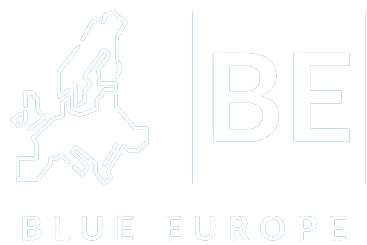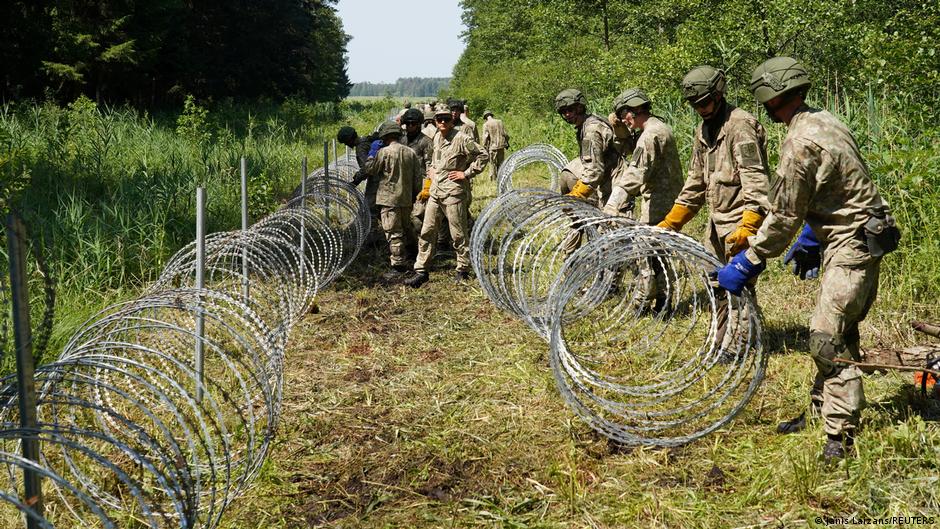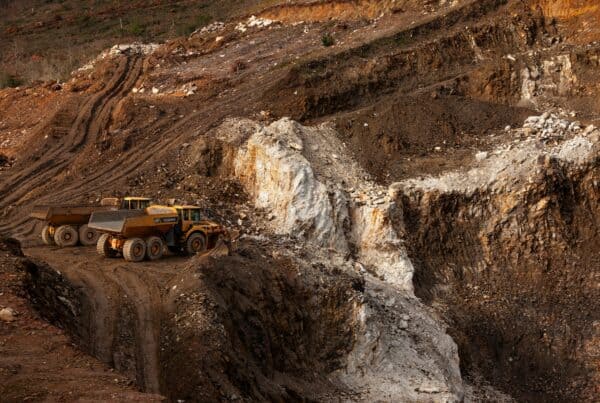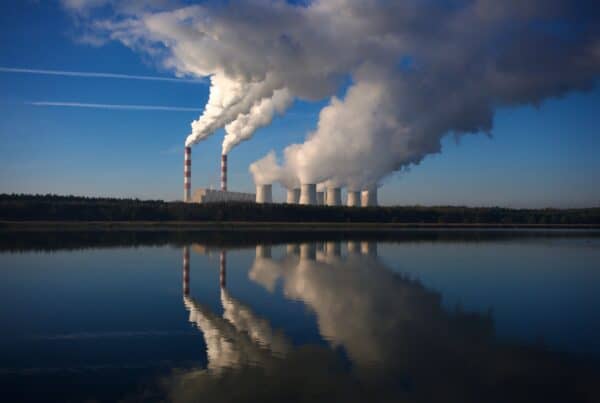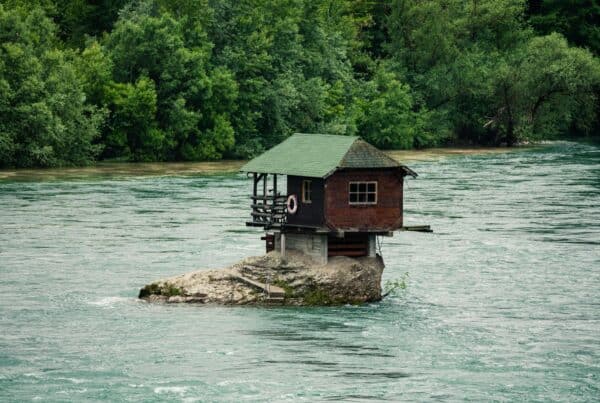An article by Henrique Horta, Eastern Europe specialist.
NATO defines a hybrid threat as one “that combines conventional, irregular and asymmetric activities in time and space.” Hybrid threats do not invoke a particular sequence of events. They are coordinated activities that target the weakest systemic points of democratic states and institutions, aiming to reach strategic objectives that will make their targets more vulnerable.
As early as 10th of June, hundreds of Iraqi migrants were already putting pressure on Lithuanian authorities, forcing them to build camps for these new arrivals, coming through Belarus. The number of flights from Baghdad to Minsk doubled in June (from 2 to 4 per week) since at Minsk airport no one checks the Iraqis who booked with a specific state company, they automatically get entry visas.
Middle Eastern students in Belarus say more and more people from Iraq and Syria are becoming aware of this new scheme and are planning to get to the European Union via Belarus.
In May’s 24th briefing, Ursula Von der Leyen, the European Union commissioner promised a ‘very strong answer’ to Belarus. In stake was the interception of a plane transiting through Belarusian territory which was transporting the dissident (to the regime) journalist Roman Protasevich. In a very normative and consequential statement, Ursula von der Leyen promised as well a ‘3 billion euro economic and investment package ready to go for Belarus, when it becomes democratic’.
The EU also imposed economic sanctions in order to bring Belarusian officials to heel, nominally, the prohibition of selling to anyone in Belarus ‘equipment, technology or software intended primarily for use in the monitoring or interception of the internet and of telephone communications, and dual-use goods and technologies for military use and to specified persons, entities or bodies in Belarus. Trade in petroleum products, potassium chloride (‘potash’), and goods used for the production or manufacturing of tobacco products is restricted’. Furthermore, access to EU capital markets was also restricted.
In retaliation, Lukashenko warned Europe, ‘We were stopping migrants and drugs – now you will [have to] catch them and eat them yourself.’ Instead of ‘stopping the migrants’, Lukashenko turned a switch. The EU’s external eastern borders, that only saw about 1500 migrants coming each year, suddenly started seeing hundreds of Middle-Easterners arriving at Lithuania’s doorstep.

A common solution
This practice has become an almost modus operandi to use as a diplomatic weapon to press the EU or some of its member states to give on demands made by autocratic states and geopolitical rivals. The same trend could be seen in May when the Moroccan authorities lied to their own citizens, including little children, saying that the football player Cristiano Ronaldo was playing in the Spanish, North African enclave of Ceuta, as well as advising adults to come to Ceuta causing an unprecedented border crisis that Spain has never seen.
In the case of the Spanish-Moroccan crisis was the case of a Polisario (pro Western Sahara separatist) leader being medically treated in Madrid. Autocratic states are not afraid of playing outside the ‘rules’ in order to get what their want, causing a dilemma in the EU: either become the so called ‘Fortress Europe’ with a more strict policy towards asylum seekers and migrants or simply keep receiving a never ending flow of people, putting pressure on finite resources from European states and driving the ire of local populations towards populism and a more fragmented EU.
The answer in the Lithuanian-Belarusian border crisis has already been decided however: after the Lithuanian authorities raising some camps for the asylum seekers, it decided that the situation couldn’t go ad infinitum and started building a fence along its eastern border. As of October, the fence is almost finished .
According to The Baltic Times, a criminal case against an Iraqi national who entered Lithuania illegally from Belarus earlier this year has been referred to court on charges of possessing child pornography. On Thursday October the 7th , the Prosecutor’s Office announced that pornographic recordings starring minors had been discovered on the phone of a 22-year-old Iraqi citizen. The individual, who unlawfully crossed the border between Lithuania and Belarus, was apprehended by Lithuanian border guards in late July in the area of Svencionys. This is a proof that Lukashenko regime does not organise any migrant filter, as such heinous crime would have lead in a normal situation to a arrival refusal in Belarus airports.
A great deal of debate in the EU
Fortress Europe is already becoming a reality (if it wasn’t one already). This year, Greece announced it is constructing a 40-kilometre steel fence over five metres tall in the wetlands of northeastern Evros, Greece’s river border with Turkey and already in 2015, Bulgaria had a fence erected in the border with Turkey as well. The same goes for the Spanish enclaves in North Africa, Ceuta and Melilla. The Spanish enclaves already had fences erected and the local national-populist party even called for a wall to be erected, facing the security threats the cities faced in May this year.
The European Commission itself proposed last year for the budget of Frontex to be increased to 11 billion Euros in order to create a standing corps of 10 000 border guards, modernize its task force and new equipment for the 2021-2027 period, taking border security with its external borders very seriously.
Returning again to Lithuania, it is clear that the good will and the over-extension of asylum seeker laws of European Union member states is turning against themselves. The European Union in order to further its normative agenda about rule of law, democracy and human rights in their neighbourhood policy, such as the case of Belarus, is facing serious challenges due to its very open policy towards asylum seekers.
The EU will have to eventually choose: to keep promoting human rights and democracy in their neighbourhood in detriment of its very own asylum seeker/ human right laws (Fortress Europe) or keep being blackmailed by its own neighbours with weaponised migration, every time these states demand something from Europe, such was the case of Greece against Turkey, Spain against Morocco and now Lithuania against Belarus.
Despite some backlash, some European officials already understood that border security will be pivotal for stability in order for the EU to not be blackmailed or coerced when it wants to impose sanctions, in order to keep having a normative agenda against hostile regimes in its own backdoor such at happened with Morocco in the South and now Belarus in the East.
Sanctions against Lukashenko have soured relations between the EU and the Belarusian regime, along with a number of other incidents over the past year, such as the forced landing of a Ryanair flight in Minsk and subsequent arrest of a journalist on the flight.
In an interview with the Financial Times newspaper, Ylva Johansson, the European commissioner for home affairs, said Lukashenko is “using human beings in an act of aggression.”
During an eight-hour press conference on August, marking one year since his reelection as president, Lukashenko denied he was using migration as a weapon.
“Illegal migration: no, we don’t blackmail anyone, we don’t threaten anybody. You just place us under conditions, so that we have to react, and we react,” Lukashenko said, adding that he didn’t have the same resources as Russia, China or the European Union.
Belarus representatives are very aware of the position of the EU and wants to increase the pressure : the Belarus’s House of Representatives, the lower chamber of the Belarusian parliament, has enacted a measure suspending the Belarus-EU readmission agreement.
“The deputies have adopted a bill of the Republic of Belarus suspending the agreement between the Republic of Belarus and the European Union for the readmission of those staying without permission,” the House of Representatives announced Monday via Telegram. This blocks de facto any return of illegals to Belarus.
A support coming from all over Europe
Lithuania began on Friday July 9th to erect a fence along its border with Belarus to deter third country migrants from entering, a week after Vilnius declared a state of emergency to address a sharp rise in migratory flows. Support is coming from all over Europe : earlier this september, the Czech government also pledged financial aid to Lithuania to help the Baltic state build a fence along its eastern border.The fence will be based of two layers of barbed wire and cover 550 kilometers, greater than the length of the border it holds with Belarus (502 kilometers). The barrier will cost €41 million to put up, according to Lithuania’s interior minister, Agne Bilotaite.
On more recent news, Kaunas, Lithuania’s second-largest city, will host an informal meeting of Lithuania’s, Latvia’s, and Estonia’s prime ministers on Friday the 15th of October .
Ingrida Simonyte, Lithuania’s Prime Minister and this year’s Baltic Council of Ministers chair, had already asked her Latvian and Estonian counterparts, Krisjanis Karins and Kaja Kallas, to visit Kaunas, one of three towns competing for the title of European Capital of Culture in 2022.
“During the meeting, prime ministers will exchange the most up-to-date information and experiences in managing the Covid-19 pandemic, as well as discuss regional security concerns and the challenges posed by a hybrid attack waged by the Belarusian regime using irregular migration,” the government stated in a press release.
Support is also coming from nearby states : “The situation at the Belarusian border is not a migrant crisis, but a systematic and organized hybrid attack carried out by Belarusian President Alexander Lukashenko’s regime”, said Inese Libina-Egnere (Unity, EPP) , Deputy Speaker of the Saeima and Head of the Latvian delegation to the Parliamentary Assembly of the Council of Europe (PACE), stated during a discussion of heads of national delegations to the PACE.
Libina-Egnere stressed that this is not only an attack on Latvia, Lithuania, and Poland, but also on the European Union (EU) and the bloc’s ideals in general, LETA was informed by the Saeima press service. Additionally, the Latvian legislator stated that what is occurring at the Belarusian border is a case of organized crime – human trafficking.
In a opinion published on Politico EU, the Latvian MP Marija Golubeva , leader of the Development/For! Saeima fraction (center left – Renew Europe) stated
“The most important test for any country facing such a threat is its capacity to react rapidly. When it comes to migration, it is well known that EU member countries have limited possibilities to simply push or force back those who cross their borders illegally. And Belarus knew this as it organized and directed a stream of migrants toward the eastern border of the EU.
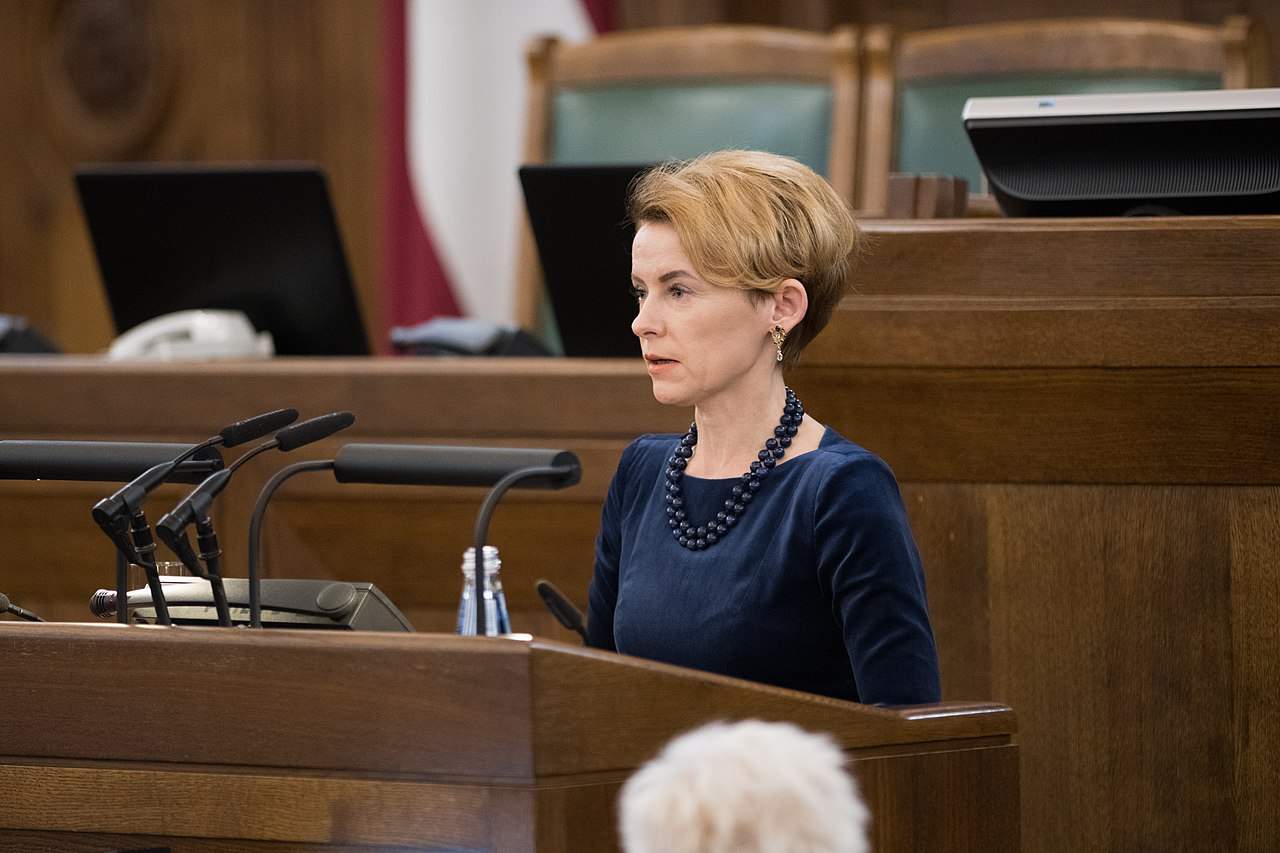
Marija Golubeva, Interior Minister, MP and Development/For! Saeima fraction (Renew Europe) leader
Therefore, the swift reaction by Latvia and Lithuania to declare a state of emergency in border areas was a necessary and bold step to guard the EU’s external border. The declaration is a clear message to both Belarus and potential irregular migrants that EU countries will not permit the illegal, uncontrolled crossing of their borders.”
Similar outlook in Poland
According to Reuters, the EU executive requested on Friday the 24th September that Warsaw allow Frontex personnel on the Polish-Belarusian border. Allowing border guards from the EU’s joint frontier force Frontex was described as a “really nice concept” by the spokesman.
However, Poland, which has one of Europe’s largest border guard units, has stated that it is managing the situation and has not urged Frontex to send troops.
Warsaw has declared an emergency state along its border with Belarus — the EU’s eastern frontier – prohibiting journalists and human rights activists from witnessing developments.On the 28 of September, Poland’s President Andrzej Duda announced that he would pursue a 60-day extension – granted since – of a state of emergency along Poland’s border with Belarus due to a surge in migration blamed on Belarusian President Alexander Lukashenko.
Poland, as well as fellow European Union member states Lithuania and Latvia, have reported dramatic increases in migrants from Afghanistan and Iraq attempting to cross their borders, in what Brussels and Warsaw describe as a form of hybrid warfare aimed at putting pressure on the bloc over the sanctions imposed on Minsk.
“As we can see, this problem on the border is still there and we still need to do everything we can to prevent it. I believe that introducing this state of emergency for 60 days is justified,” Duda said during a news conference.
A state of emergency restricts movement in impacted areas, including for the media and non-governmental organizations. The Polish government also announced that it will request an extension of the state of emergency in accordance with the constitution. Parliament must give final permission once the president gives the go-ahead.
Poland declared a state of emergency in early September, but its government has come under fire from human rights activists for its handling of migrants at the border.
Polish Interior Minister Mariusz Kaminski announced Monday 27th of September that information supporting Islamist extremism had been discovered on the phones of refugees crossing the country’s border.
During Europe’s 2015 migration crisis, PiS leader Jaroslaw Kaczynski warned that Middle Eastern refugees would bring sickness and parasites to Poland.
Blue Europe believes that the EU must effectively protect its external borders and prevent any illegal border crossing. By closely following the migratory and security situation, the EU should develop new tools to deter and act against attempts to instrumentalize illegal migration, but also block illegal migration outright, both now and in the future.

